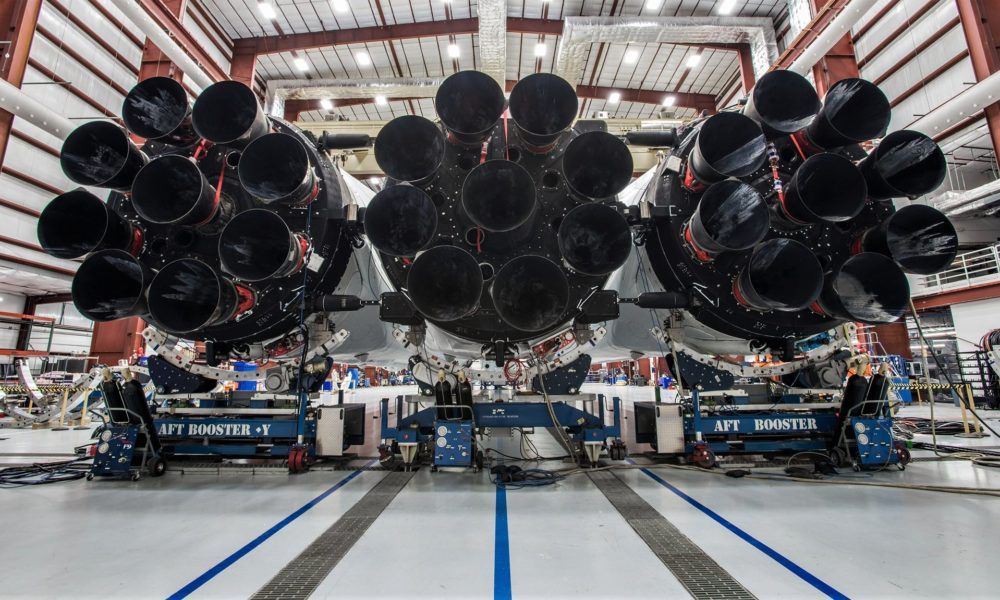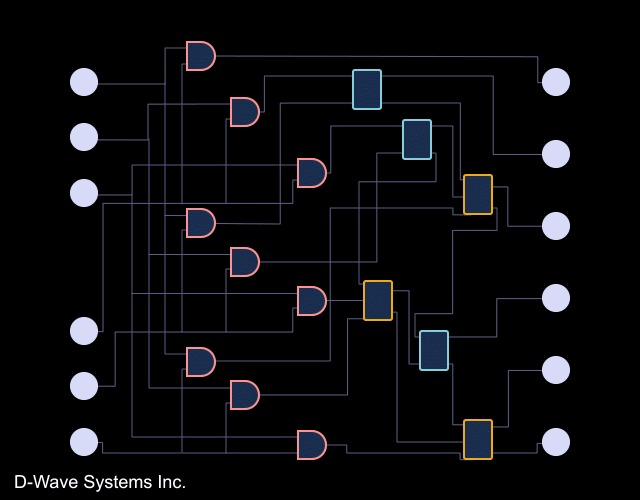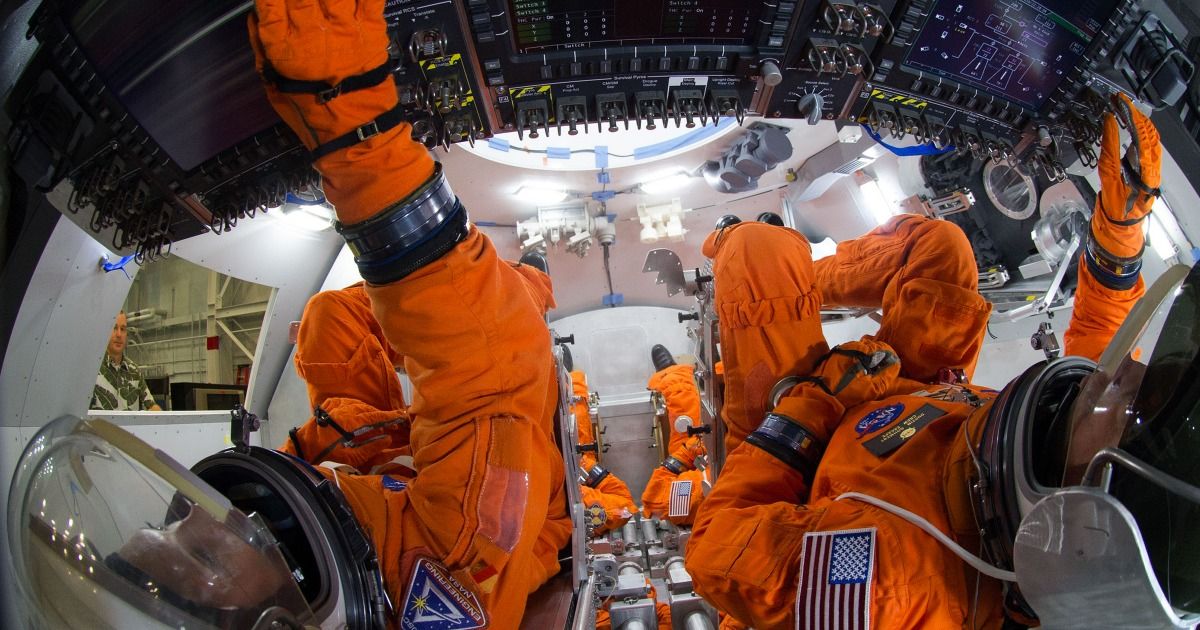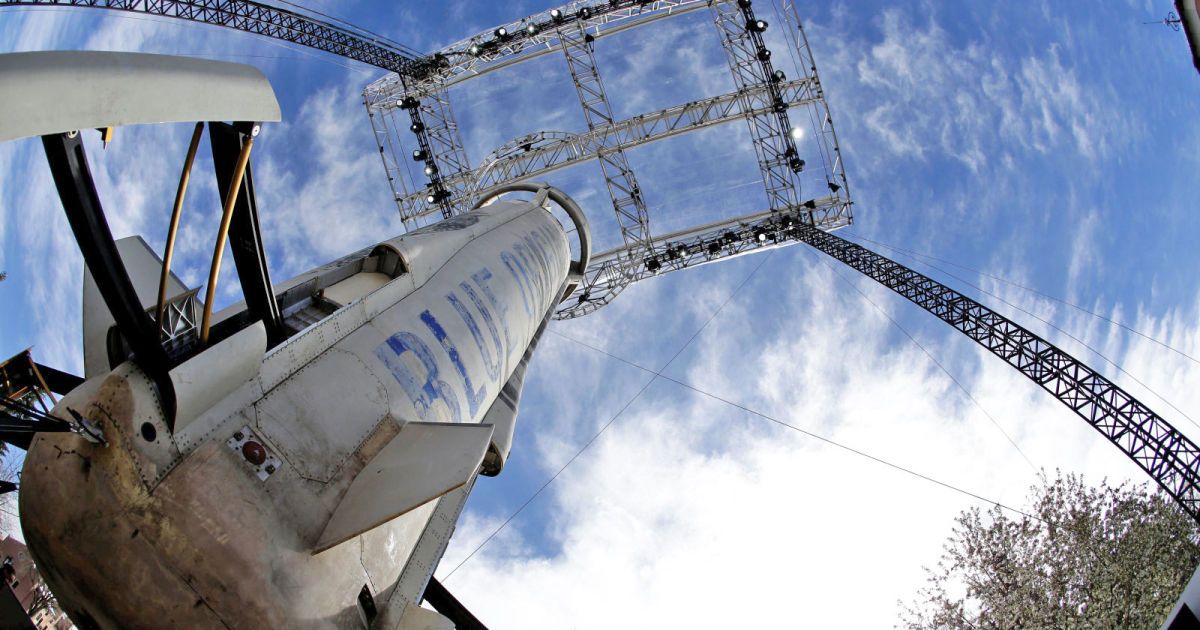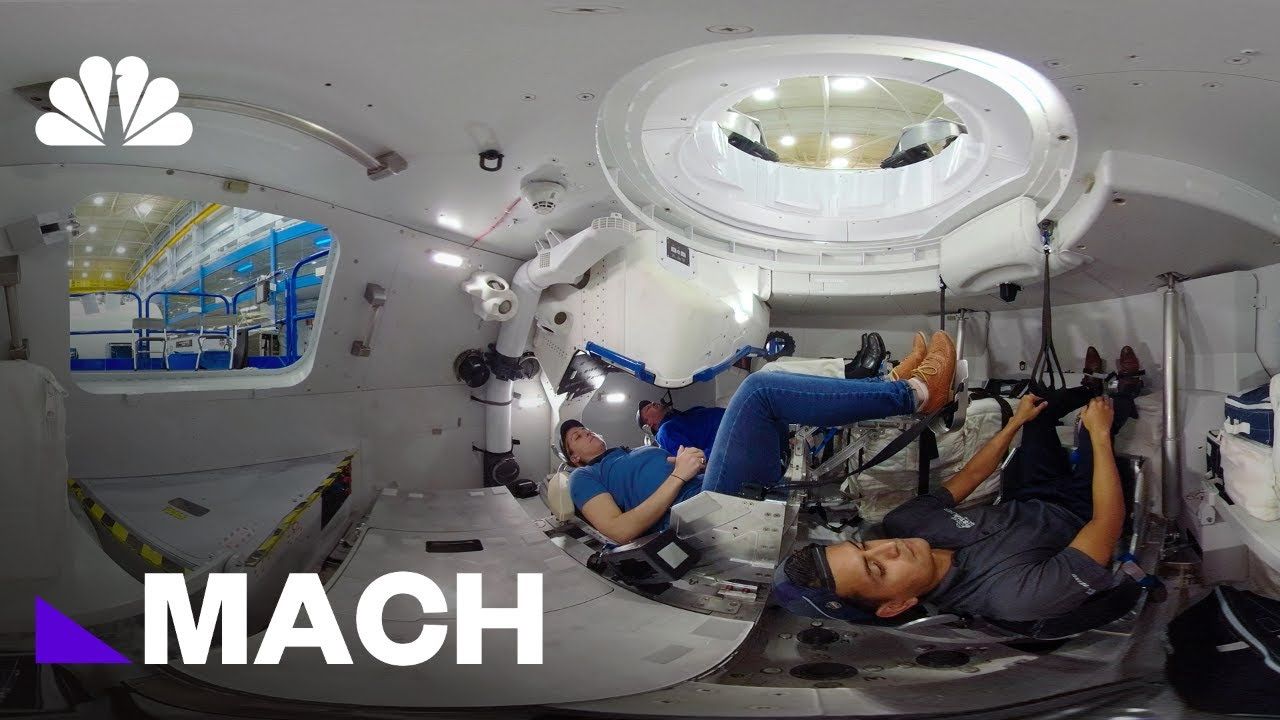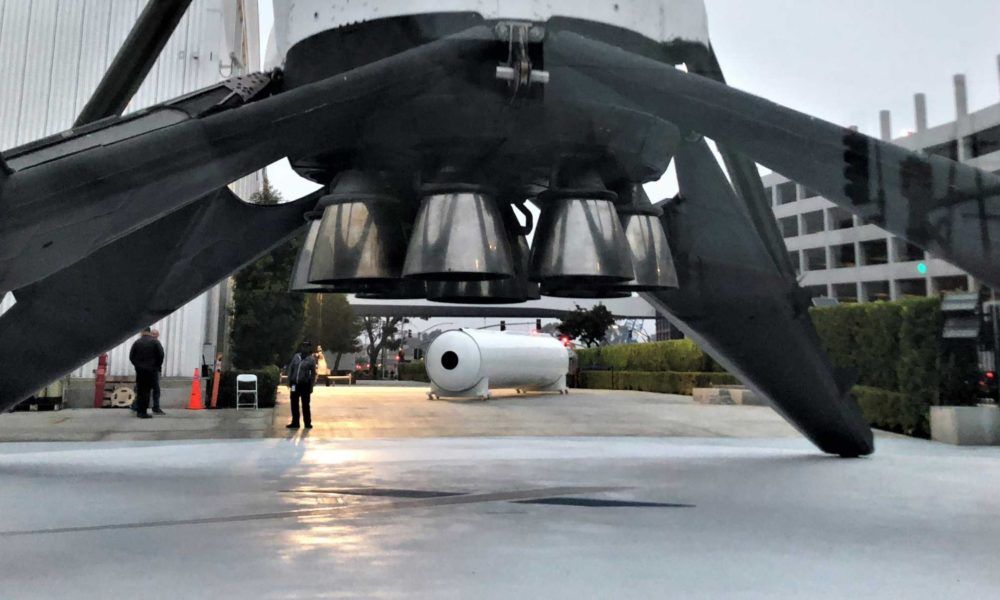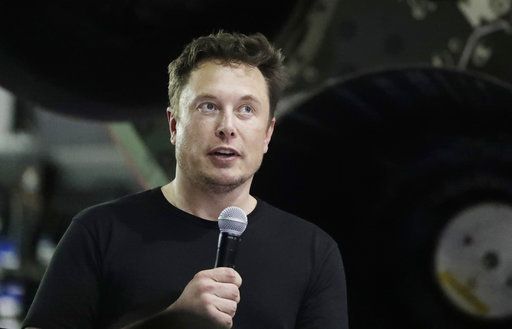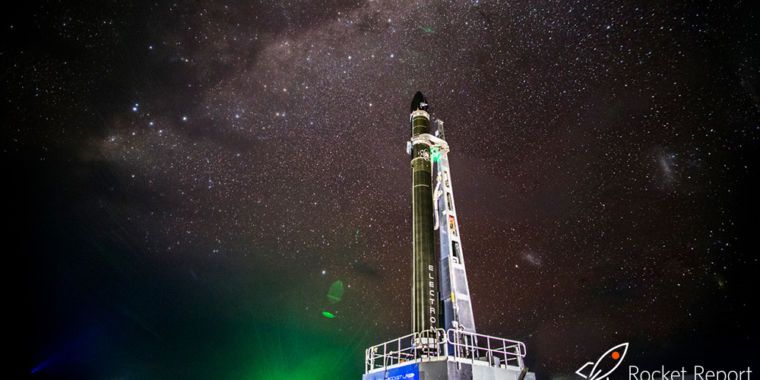https://youtube.com/watch?v=hs2LBeLCo_s
Set to give a keynote speech on October 3rd at 2018’s International Astronautical Congress (IAC), Hans Koenigsmann – SpaceX Vice President of Build and Flight Reliability – attended an impromptu talk one day prior, titled “From the University of Bremen to SpaceX”.
Speaking before a small audience, the University of Bremen graduate and fourth employee to join SpaceX discussed his opinions of Falcon Heavy, BFR, and more, frankly relating how SpaceX intentionally chose to build Falcon Heavy on its own, going so far as to turn down funding reportedly offered by one or more US government agencies.
Hopefully a sign of things to come for his 09:20 UTC, Oct. 3 keynote, titled “Reusability: The Key to Reliability and Affordability”, Hans’ precursor talk centered around the circuitous path that led him from University of Bremen to SpaceX, humorously describing how he “got bored of airplanes pretty quickly” after becoming an aerospace engineer. He quickly turned to space, hopping between a number of German smallsat projects that eventually led him to settle in the U.S. after flying there and back “at least 25 times”.
Read more

